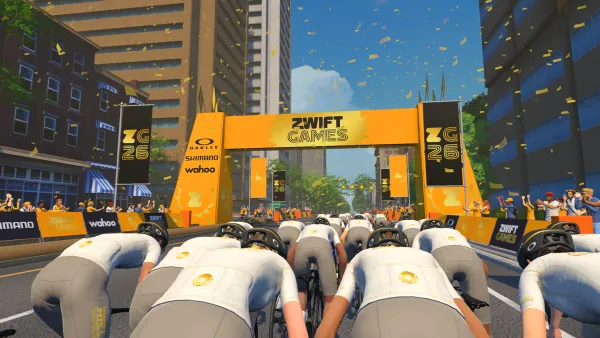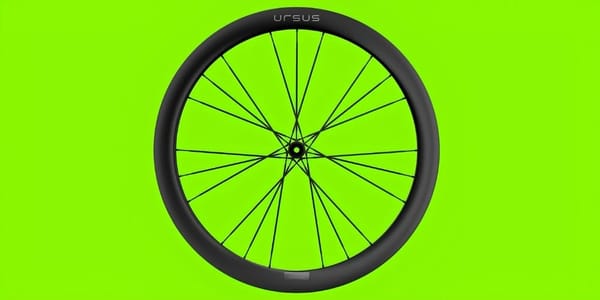Stop Hustling: Why Rest Is Your Missing Productivity Hack
Discover why rest isn't just a luxury but a necessity for creativity and productivity. Learn how redefining rest can revolutionize your work and life.

In a world that glorifies the grind and treats busyness as a badge of honor, rest has somehow become a four-letter word. We're conditioned to believe that every minute not spent hustling is a minute wasted. But here's the plot twist: rest isn't just a reward for hard work; it's a prerequisite for doing great work.
Rest Isn't a Luxury—It's a Necessity
Let's get one thing straight: collapsing into bed after a 14-hour workday doesn't count as rest. That's survival. True rest is intentional and restorative. It's not about being horizontal and unconscious; it's about activities that recharge your mental and physical batteries. Think of rest as the unsung hero of productivity—a secret weapon that's been hiding in plain sight.
The Myth of the Idle Rest
When we think of rest, many of us picture lounging on the couch, binging the latest Netflix series with a family-sized bag of chips. While there's a time and place for that (hello, Sunday afternoons), rest can—and should—be more active. Engaging in hobbies, exercise, or creative pursuits can provide a deeper level of rejuvenation. It's like giving your brain a spa day while tricking it into thinking it's still at work.
The Science Behind Rest and Creativity
Ever wonder why your best ideas come to you in the shower or during a leisurely walk? That's your brain on rest. Studies in neuroscience and psychology reveal that rest activates different parts of the brain, fostering creativity and problem-solving. When you're not laser-focused on a task, your subconscious has the freedom to make novel connections. It's like your brain throws a little party, and everyone's invited.
Rest as a Form of Resistance
In a culture that equates self-worth with productivity, choosing to rest is almost a rebellious act. Movements like "bed rotting" among teens—where they spend hours doing nothing in bed—highlight a pushback against the incessant demand to be always "on." It's a reminder that sometimes the most productive thing you can do is absolutely nothing.
Making Rest a Habit, Not an Afterthought
Changing your relationship with rest isn't about penciling in a power nap between Zoom meetings. It's about redefining rest as an integral part of your identity, not just a pit stop on the way to Burnout City. Here are some tips to make rest a sustainable habit:
- Schedule It: If it's not on your calendar, it doesn't exist. Block out time for rest just like you would for a meeting.
- Protect Your Time: Set boundaries. Turn off notifications. Let the world know you're on a do-not-disturb basis.
- Find Your Flow: Engage in activities that absorb you completely—be it gardening, playing an instrument, or hiking.
- Active Rest: Remember, rest doesn't have to mean inactivity. Physical activities can be incredibly restorative.
The Workplace Conundrum
Let's face it: most workplaces aren't designed with rest in mind. The perpetual hustle is not just encouraged; it's expected. But even within these environments, micro-rests are possible. Take that full lunch break away from your desk. Use vacation days without guilt. And if you're in a position to influence workplace culture, champion the idea that well-rested employees are more creative, productive, and engaged.
Rest: The Ultimate Productivity Hack
Ironically, if you really want to optimize your performance, rest might be the missing piece. Athletes have long known the value of rest for muscle recovery and performance enhancement. It's high time the rest of us caught on. So, next time you feel the urge to skip your break or work late (again), consider this your official permission slip to rest.
Conclusion
Rest isn't a sign of weakness or laziness; it's a strategic move. It's the pit stop that allows you to finish the race. So go ahead, take that nap, enjoy that hobby, or simply do nothing. Your brain will thank you, and who knows? You might just come up with your next big idea.





